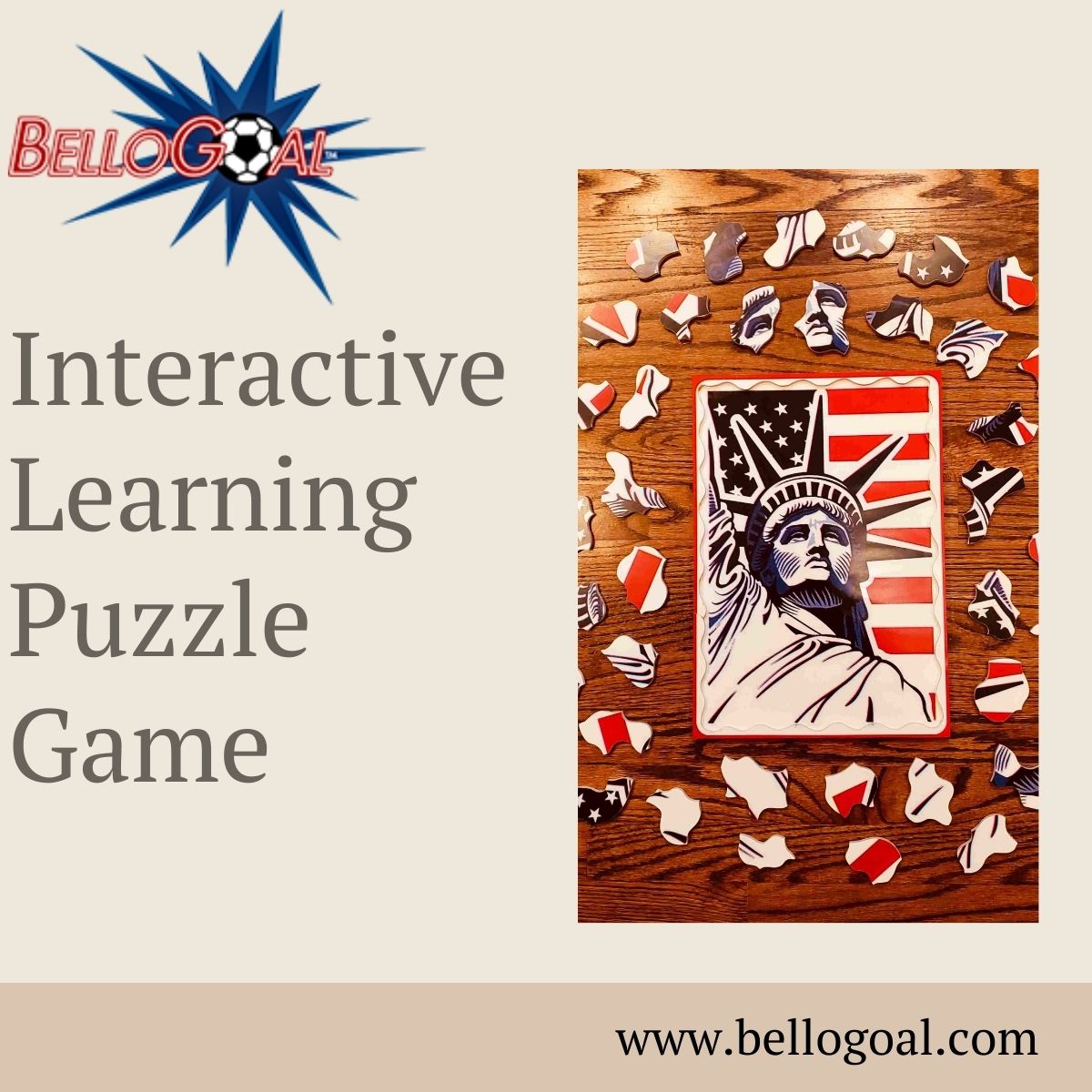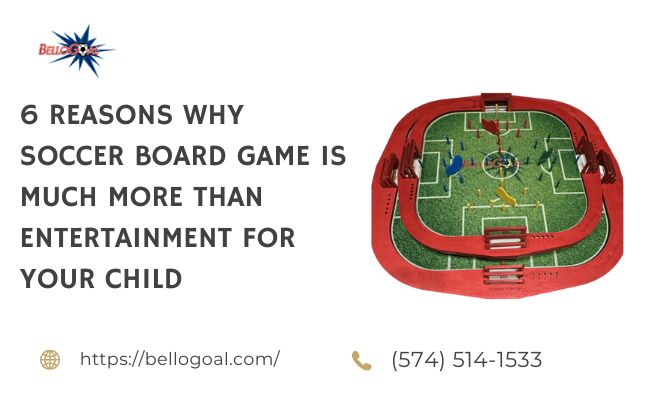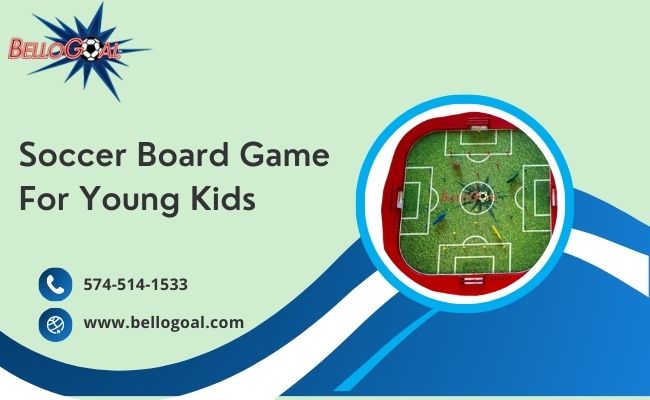In a world where screens dominate our daily lives, finding activities that are both entertaining and enriching can feel like a challenge. But what if there were a way to have fun while building essential skills and enhancing cognitive abilities? This is where board games come into role as a perfect blend of entertainment and education captivating people of all ages.
The fun begins when these games go beyond mere amusement, as these tools improve mental growth, and make you more creative. This addition to daily life helps in developing critical thinking and problem-solving in both engaging and transformative ways. Whether you are a parent or a mentor looking for an outstanding product to level up the mental health of younger minds. Keep on reading to explore more.
How Games Drive Cognitive Development?
A study shows that playing long hours of video games impacts cognitive skills like problem-solving, memory, and attention. But games are not as bad as it looks. According to research from the University of California, kids who spend hours of 3D video games experience a 12% improvement in their memory. That is like getting a brain boost while having fun!
Let’s read in detail how the games benefit players of all ages:
Boosts Critical Thinking
Board games often require players to strategize, predict outcomes, and adapt to changing scenarios. This constant decision-making builds critical thinking skills, helping players analyze situations and make sound judgments. For instance, games like chess or Scrabble brainstorm players to think diverse steps ahead or plan the best use of resources, making every move a cognitive exercise.
Enhances Problem-Solving Skills
Interactive learning puzzle games are built around challenges. Solving a complex puzzle involves breaking it down into smaller tasks, fostering logical thinking and persistence. This hands-on approach to problem-solving makes these games both fun and educational. Classic examples, such as jigsaw puzzles or modern escape room-style games, provide a sense of accomplishment when players solve problems through creative thinking.
Encourages Collaboration and Social Skills
Many board games require teamwork or friendly competition, making them perfect for social upbringing. Skill-building games teach players how to communicate, negotiate, and work towards common goals, all while having a great time. Games like cooperative board adventures, where players work together to achieve a shared objective, are excellent for strengthening group dynamics.
Improve Memory and Focus
Remembering rules, tracking moves, and staying focused holds much weight for these games. Whether it’s a trivia game or a matching card puzzle, players constantly exercise their memory and concentration skills. Over time, this improves mental sharpness and recall abilities.
Cognitive Benefits of Skill-Building Board Games
- Enhanced Memory and Focus: Games like chess and strategy-based puzzles improve memory retention by requiring players to recall rules, past moves, and potential future actions. According to research, structured gameplay enhances working memory and aids multitasking abilities.
- Problem-Solving Skills – Many games challenge players to analyze situations, think critically, and make decisions under pressure. For example, puzzle-based games improve lateral thinking, enabling players to approach problems from multiple perspectives.
- Improved Social Interaction – Skill-building board games often encourage teamwork and communication. Integrating these interpersonal skills, nurtured in a fun environment, and vital for academic and professional success.
The Role of Interactive Puzzle Games
Interactive puzzle games go a step further by combining technology with problem-solving. Games like Sudoku, crosswords, or digital escape rooms stimulate cognitive pathways by presenting players with increasingly complex challenges. This progressive difficulty encourages persistence and adaptability, both of which are crucial for real-world problem-solving.
Practical Applications in Education
Educators have successfully integrated board games into classrooms as effective teaching tools. For example, studies show that students who engaged with educational games twice weekly for an hour displayed significant improvement in both math and reading skills compared to their peers. These findings demonstrate the practicality of games in fostering an engaging learning environment.
Moreover, modern games designed specifically for educational purposes, like Bee Alert and Pickomino, combine fun storytelling with educational content. These games are particularly effective for young learners due to their simplicity and engaging nature.
Why You Should Incorporate Games into Your Routine
Whether it’s a rainy afternoon, family game night, or a classroom activity, incorporating these games into your routine can have lasting benefits. They teach players how to think critically, solve problems creatively, and collaborate effectively—skills that are invaluable in everyday life.
Moreover, the joy of achieving a goal, be it solving a tricky puzzle or winning a board game, instills confidence and a sense of accomplishment. It’s learning disguised as fun, making it accessible and appealing to everyone.



